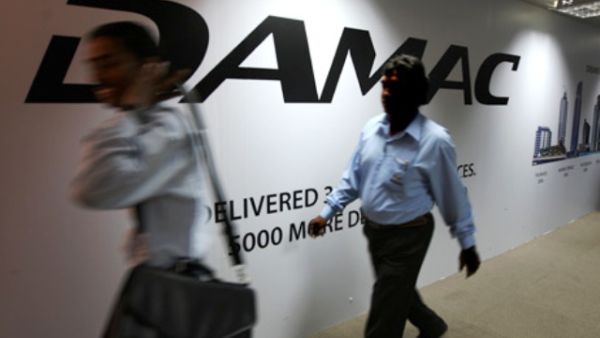Damac files international claim against Egypt

The Chairman of Damac, one of the largest real estate development companies in the Middle East, through international law firm King & Spalding, has filed an international arbitration case against Egypt. Damac’s Chairman, Hussain Sajwani, has brought the ICSID claim against Egypt under the bilateral investment treaty between the United Arab Emirates and Egypt, which protects investments made by UAE nationals in Egypt.
Mr. Sajwani, a national of the UAE, states that Egypt’s recent criminal prosecution and conviction in absentia violate the treaty on investment protection and have caused significant damage to his investments in Egypt and the wider Gulf area. Damac’s Egyptian investments include a 30 million square meter development project at Gamsha Bay, near Hurghada, as well as four major real estate projects in the greater Cairo area.
On May 10, 2011, an Egyptian court criminally convicted Mr. Sajwani, sentenced him to imprisonment, and ordered him to pay a $40.5 million fine on the basis that he acquired the Gamsha Bay property through a transaction conducted in 2006 that was approved by Mohamed Zoheir Garranah, Egypt’s Minister of Tourism under the Mubarak regime. Mr. Sajwani and another businessman were prosecuted and convicted alongside Mr. Garranah in a criminal case brought by Egypt’s new military regime against Mr. Garranah. Egypt’s new regime has arrested and prosecuted a number of former Mubarak ministers amidst a public outcry to bring former Mubarak associates to trial.
“The criminal prosecution and conviction of Mr. Sajwani were a classic case of ‘guilt by association.’ No crime was committed by simply conducting business with the former regime,” said Mr. Sajwani’s counsel, Ken Fleuriet of King & Spalding. “While the Egyptian court held that the price paid for the Gamsha Bay property was too low, the transaction was entirely proper, and Damac was entitled to rely upon the price charged by the Government at the time. It was an arms’ length transaction that was fully vetted by the appropriate Egyptian officials at the time of purchase.”
This ICSID case raises serious questions about the rule of law in Egypt in the wake of Egypt’s January 2011 revolution. It is expected to cast an international spotlight on the political vendettas currently being pursued by Egypt’s new regime at the behest of the Egyptian public. This ICSID case may subject Egypt to international liability far greater than what it apparently hopes to recover by its ongoing legal actions against investors who conducted business with Mubarak’s ministers. It will also raise serious questions among foreign investors about the safety of investing in Egypt.
The prosecution was a travesty of justice and violated the most basic tenets of due process. Egypt did not inform the accused of the case being brought against him (he learned of it through the press). Egypt’s public prosecutor offered no evidence or explanation as to how he had engaged in any wrongdoing by simply concluding a business transaction with the former government. He was not kept informed of the charges or evidence against him, and he was not allowed to be represented by counsel during several important hearings. He was convicted in a “sham” criminal proceeding that was rushed through Egypt’s judicial system at lightning speed. The outcome of the proceeding appears to have been a foregone conclusion from the start.
The bilateral investment treaty between the UAE and Egypt accords a number of protections to UAE investors who invest in Egypt, including requirements that Egypt’s government not treat them in a manner that is unfair, inequitable, arbitrary, or discriminatory.
Egypt must afford UAE investors and their investments “full protection and security” and not subject investments to measures that impair their maintenance, use, enjoyment, or possession. Egypt’s malicious and unwarranted criminal prosecution and conviction violated a number of Egypt’s obligations under the treaty.
According to Ken Fleuriet of King & Spalding, which specializes in ICSID arbitration cases and has successfully brought previous ICSID arbitrations against Egypt, “the treaty and international law clearly prevent malicious criminal prosecutions and violations of due process that result in the sort of travesty of justice that occurred in this case.”
Background Information
Damac Properties
DAMAC Properties has been at the forefront of the Middle East’s luxury real estate market since 2002, delivering residential, commercial and leisure properties across the region, including the UAE, Saudi Arabia, Qatar, Jordan, Lebanon, Oman and the United Kingdom.






